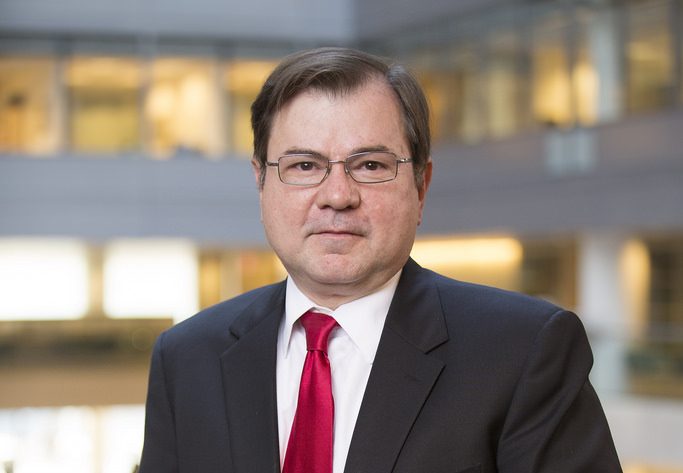
MANILA – The Philippine is one of the region’s top economic performers in recent years as a result of prudent policies and critical reforms, the International Monday Fund (IMF) said on Wednesday.
As such, the IMF retained its 6.7-percent economic growth forecast for the Philippines this year.
In a briefing in Manila on Wednesday, IMF Asia and Pacific division chief Luis Breuer said the Philippine economic is likely to benefit from consumer spending and investment, with the gross domestic product (GDP) hitting 6.7 percent.
“The Philippine economy is performing well. Real GDP grew 6.7 percent in 2017 and the team projects that this rate will be sustained in 2018 and 2019, underpinned by strong consumption and investment, including public investment” Breuer noted.
Breuer and his team assessed the current economic environment from July 11 to 25.
“The Philippines has been one of the region’s strong economic performers over the past years, reaping the fruits of prudent policies and critical reforms,” he said.
Breuer, however, noted that there are downside risks to economic growth that include the recent uptick in inflation which accelerated to 5.2 percent in June – the fastest in at least five years.
“Downside risks stem mainly from rising inflation, continued rapid credit growth, higher US interest rates and US dollar, volatile capital flows, and trade tensions,” he said.
Last week, the Philippine peso hit a 12-year low against the dollar at P53.53:$1, the weakest since it closed at P53.55:$1 on June 29, 2006.
But the IMF expects the economy to stay the course in the medium-term.
“The medium-term economic outlook remains favorable, but short-term risks have risen,” he said.
The government earlier announced an economic growth target of 7 to 8 percent from 2018 to 2022.
Under the Build, Build, Build program, the government plans to spend over P8 trillion until 2022, largely funded by tax revenue. (GMA News)



